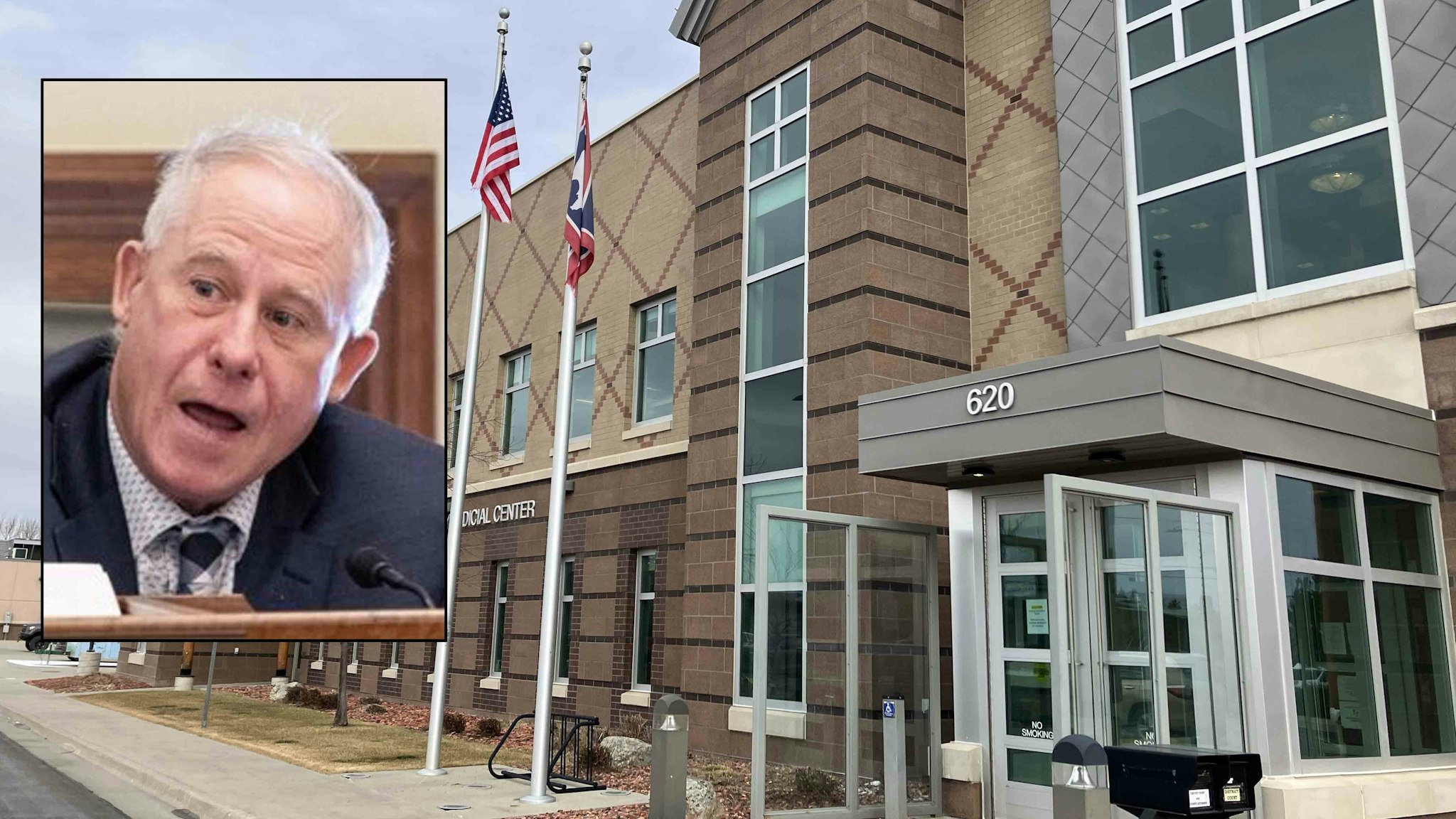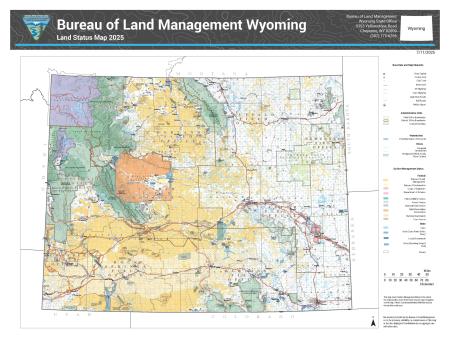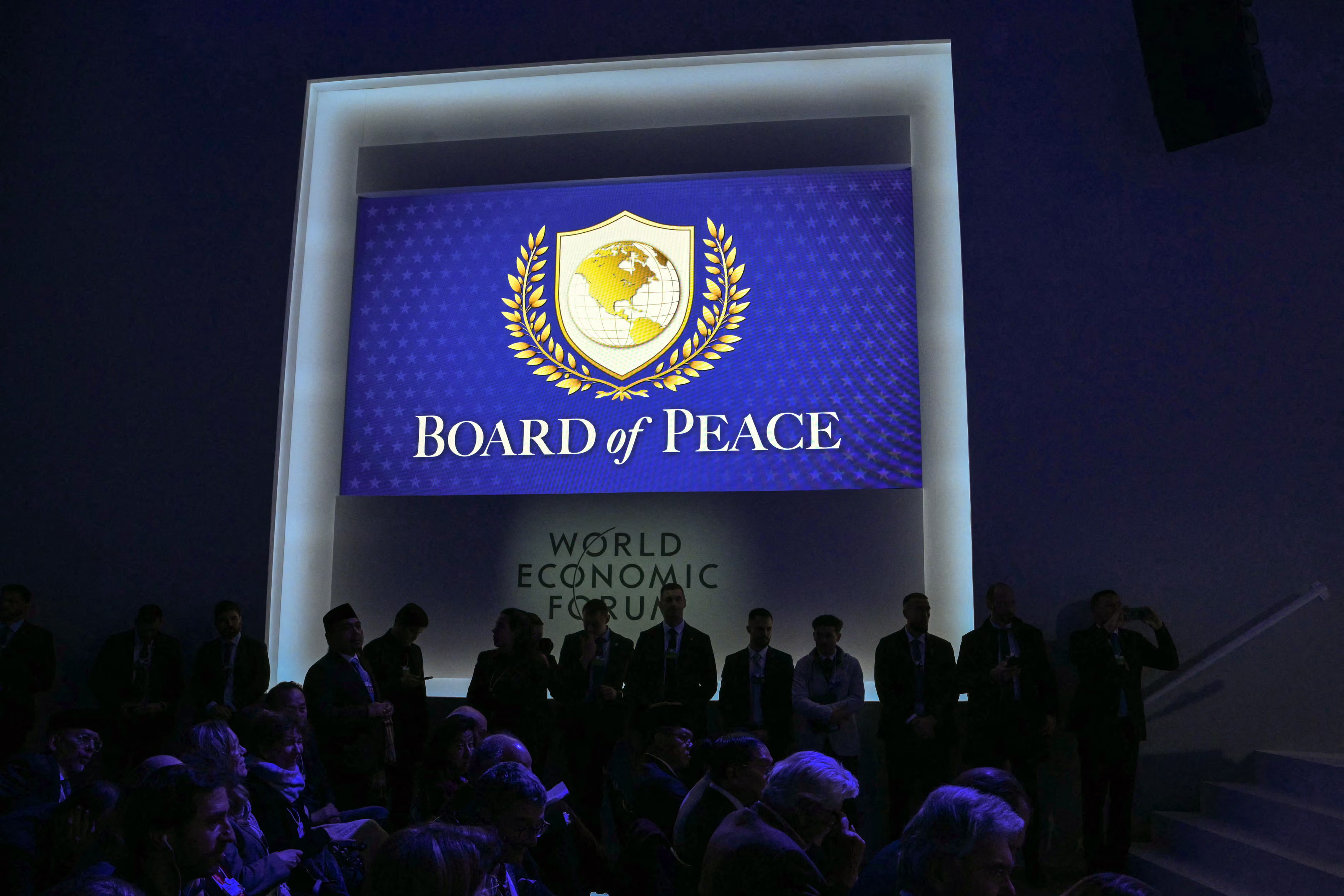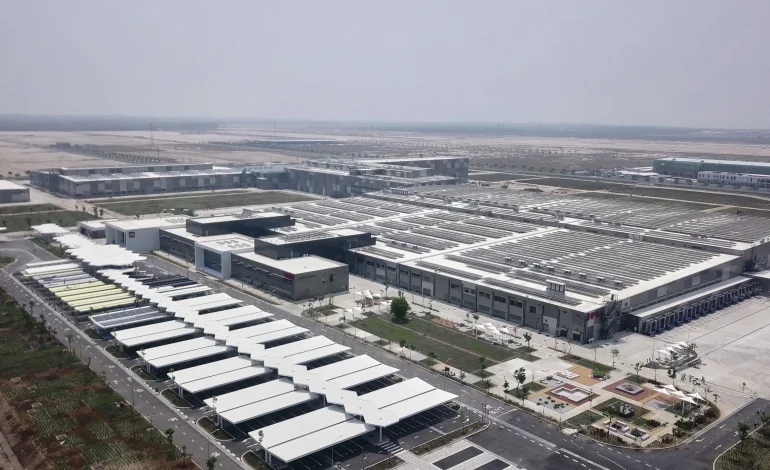Lego Group officially opened a $1 billion factory in Vietnam on Wednesday, marking a significant step in its commitment to environmental sustainability, The AP reports.
Located in the industrial area of Binh Duong, near Ho Chi Minh City, the plant is designed to operate entirely on clean energy by early 2026, making it the first of its kind in Vietnam.
This is Lego’s sixth factory globally and second in Asia, equipped with high-tech equipment to produce the company’s iconic colorful bricks for the burgeoning Southeast Asian market. The factory is crucial to Lego’s goal of achieving net-zero greenhouse gas emissions by 2050, with an interim target of reducing emissions by 37% by 2032.
The privately held Danish company has invested over $1.2 billion in researching sustainable alternatives to its current oil-based plastic bricks, although challenges remain in finding cost-effective and viable replacements.
Vietnam, aiming for net-zero emissions by 2050, sees the Lego factory as a potential model for sustainable manufacturing. The plant features 12,400 solar panels and an advanced energy storage system, hoping to inspire similar initiatives across the country.
The highly automated factory employs robots for precision manufacturing and packaging, eventually employing thousands of skilled workers, some of whom have already trained at Lego’s factory in eastern China.
The factory will benefit from Vietnam’s new Direct Power Purchase Agreement (DPPA) rule, enabling large foreign companies to directly purchase clean energy from solar and wind power producers, fulfilling their clean energy requirements. The plant will also be linked to an adjacent energy center with large battery storage capabilities.
Beyond production, Lego plans to establish a distribution center in Dong Nai province to serve markets in Australia and other Asian countries, capitalizing on growth opportunities in the region. This strategic positioning will also help insulate the company from potential tariffs, according to Lego Executive Vice President Preben Elnef Christiansen.
The five buildings within the factory adhere to high energy efficiency standards. Moreover, Lego has planted 50,000 trees – doubling the number cut down to clear the land for construction. It also marks the first Lego factory to replace single-use plastic bags with paper bags for packaging.
Lego, founded by Ole Kirk Kristiansen, has a history rooted in wooden toy making before patenting its iconic plastic bricks in 1958. While committed to finding more eco-friendly materials, the company emphasizes the durability and reusability of its existing bricks.










The latest news in your social feeds
Subscribe to our social media platforms to stay tuned